Cutting Edge POS For Your Business
MEET OUR OWNERS
CHIPD was founded in 2009 and is proud to be family owned and operated.
With over 20 years combined experience in the payments industry along with competitive processing rates, we are proud to be a leader in the merchant services industry.
Each member of the CHIPD team brings different experience including small business owner, TV host, and more.


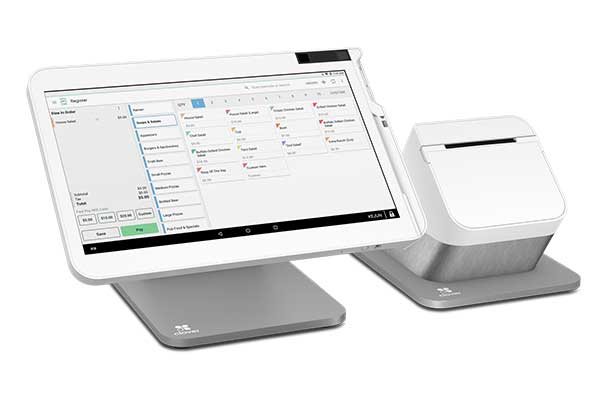

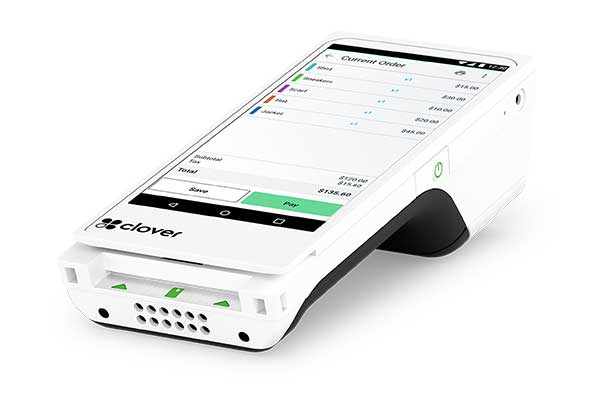
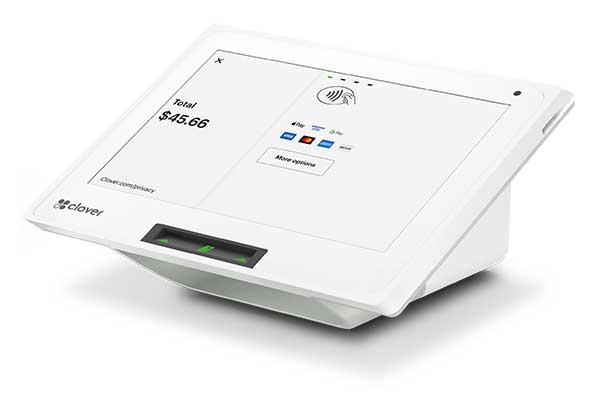
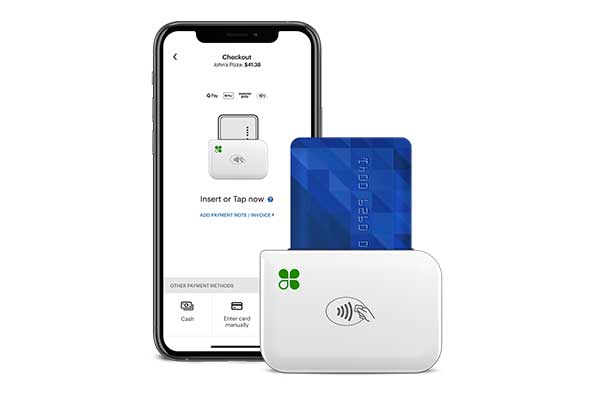





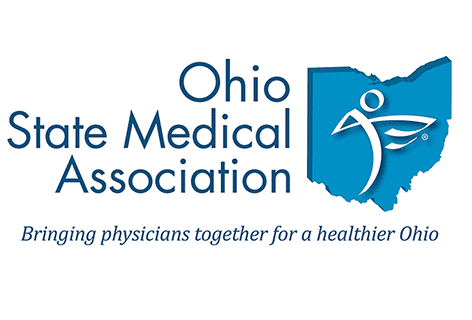
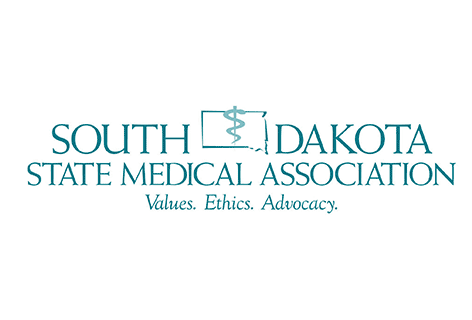
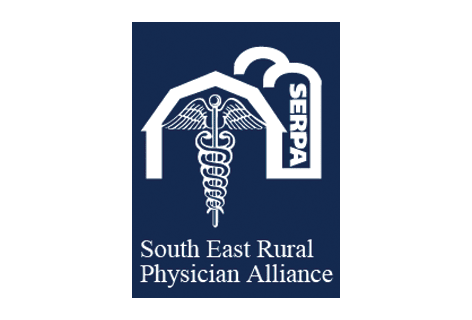
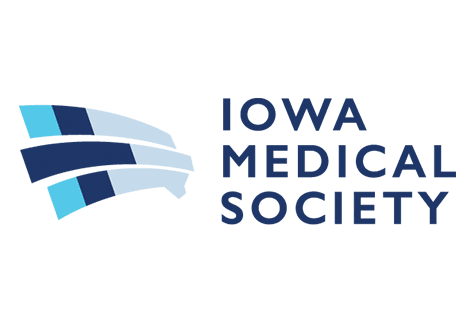
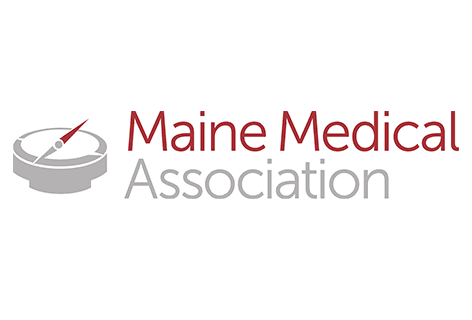
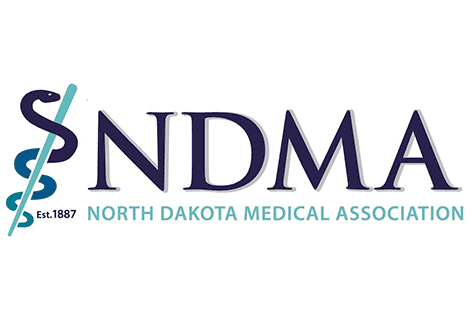
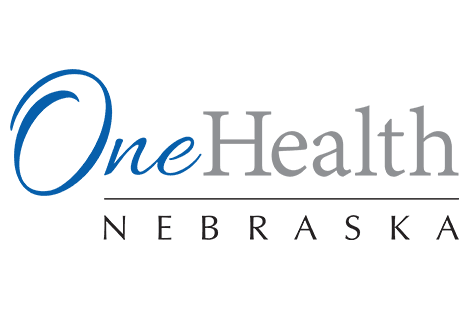
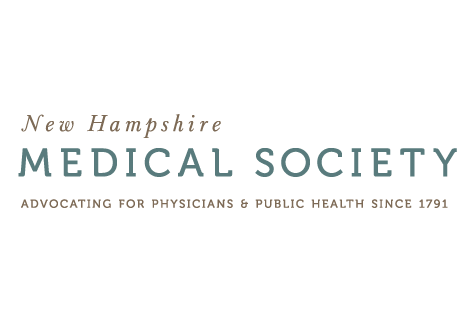
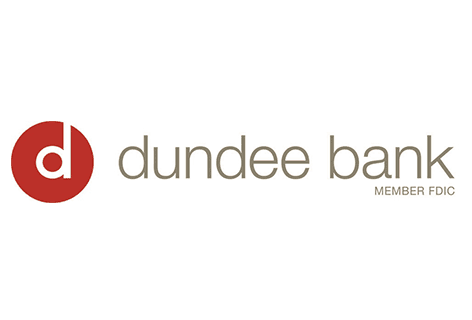



 Change to reflect updates in payment technology
Change to reflect updates in payment technology